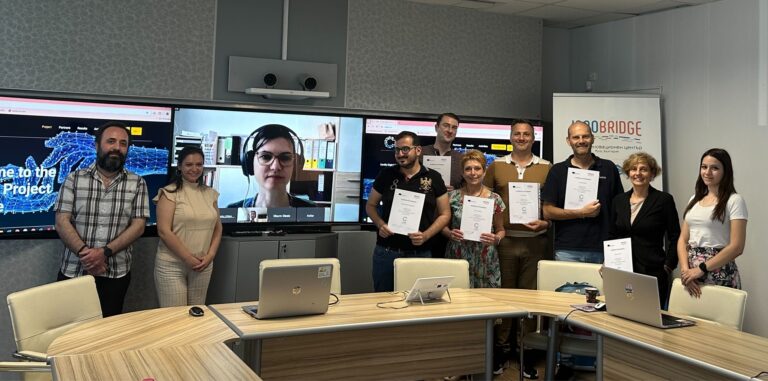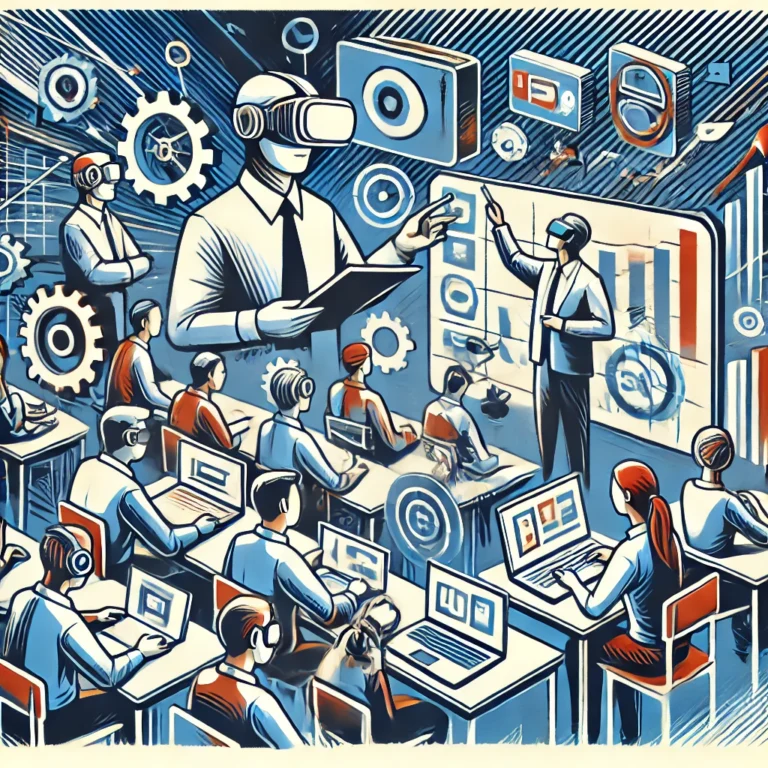As the digital transformation continues to reshape vocational education and training (VET), students find themselves at the forefront of a rapidly changing learning environment. From the perspective of VET students, digitalization manifests in several ways, including new learning environments, digital communication tools, and the integration of software programs and digital equipment specific to their chosen occupations (Pulkkinen, 2023).
Students generally view digitalization as a positive development that enhances their learning experience. The availability of digital applications and tools has made acquiring knowledge more accessible and manageable. Koramo, Brauer, and Jauhola (2018) studied how VET students evaluated the state and impact of digitalization. In their study, many students report that finding and retrieving information is now significantly easier, and the ability to manage study-related tasks has improved. Additionally, the flexibility offered by digital learning is one of the most appreciated aspects, as it allows students to balance their studies with other life responsibilities more effectively. With digital tools, students can monitor their progress more closely, which contributes to a more personalized and self-directed learning experience. Moreover, the skills they develop through the use of digital solutions are seen as highly relevant for both workplace learning and their future careers (Koramo, Brauer, & Jauhola, 2018).
However, not all students are enthusiastic about the digital shift. Koramo, Brauer, and Jauhola (2018) found that a notable group of VET students expressed concerns that digitalization might be distancing them from their teachers, with some feeling that it is being overemphasized at the expense of face-to-face interaction. These students argue that while digital tools are useful, they should not completely replace traditional teaching methods, which they still find valuable for building relationships and engaging in deeper learning (Koramo, Brauer, & Jauhola, 2018).
The digital transformation also affects the traditional role of teachers, which, in turn, impacts students. With the wealth of information available online, students can now access detailed knowledge on almost any subject independently, often through platforms like YouTube. This shift challenges teachers to move beyond the role of knowledge providers and instead adopt the roles of advisors and coaches. In this new paradigm, teachers design exercises that students complete independently using digital aids, which fosters self-directed learning and problem-solving skills. This approach not only empowers students to take charge of their learning but also allows classroom time to be used more effectively for reflection, discussion, and the practical application of knowledge (Kamsker & Slepcevic-Zach, 2021).
As digital competences become increasingly important, the development of Professional Digital Profiles (PDPs) is emerging as a beneficial tool for both students and educators. PDPs can help in assessing digital skills, tailoring training courses to specific job profiles, and evaluating the suitability of individuals for particular roles. However, creating these profiles poses challenges, such as the time required to engage multiple stakeholders and the need to align occupation-specific digital competences with broader frameworks like DigComp (Herrero et al., 2024).
In conclusion, the digital transformation in VET presents both opportunities and challenges from the student’s perspective. While many students embrace the flexibility and enhanced learning opportunities that digitalization brings, others are wary of losing the human elements of education. As VET continues to evolve, finding a balance between digital tools and traditional methods will be key to ensuring that all students benefit from the changes.
References:
Findeisen, S., & Wild, S. (2022). General digital competences of beginning trainees in commercial vocational education and training. Empirical Research in Vocational Education and Training, 14(1), 2.
Herrero, C., Villar Onrubia, D., Cosgrove, J., Kluzer, S., Centeno, C., Castaño Muñoz, J., Romero Rodríguez, S., Moreno Morilla, C., Weikert García, L., Arroyo Sagasta, A., Zubizarreta Pagalday, A., Wisniewski, D. and Fabe, N., Digital Transformation of Vocational Education and Training (VET) Workshop, Publications Office of the European Union, Luxembourg, 2024, doi:10.2760/94528, JRC138603.
Kamsker, S., & Slepcevic-Zach, P. (2021). The Digital Change of Vocational Training and Business Education: What It Takes to Prepare Students for the Future Challenges of the Job Market. International Journal for Business Education, 161(1), 6.
Koramo, M., Brauer, S., & Jauhola, L. (2018). Digitalisaatio ammatillisessa koulutuksessa. (Digitalization in vocational education) Finnish National Agency for Education, reports and studies 2018:9.
Pulkkinen, P. (2023). Ammatillisen koulutuksen digitalisaatio työnantajanäkökulmasta: kirjallisuuskartoitus. (Digitalization of vocational education from the employer’s perspective: A literature review). Master’s Thesis in Educational Technology, Faculty of Information Technology. University of Jyväskylä.




